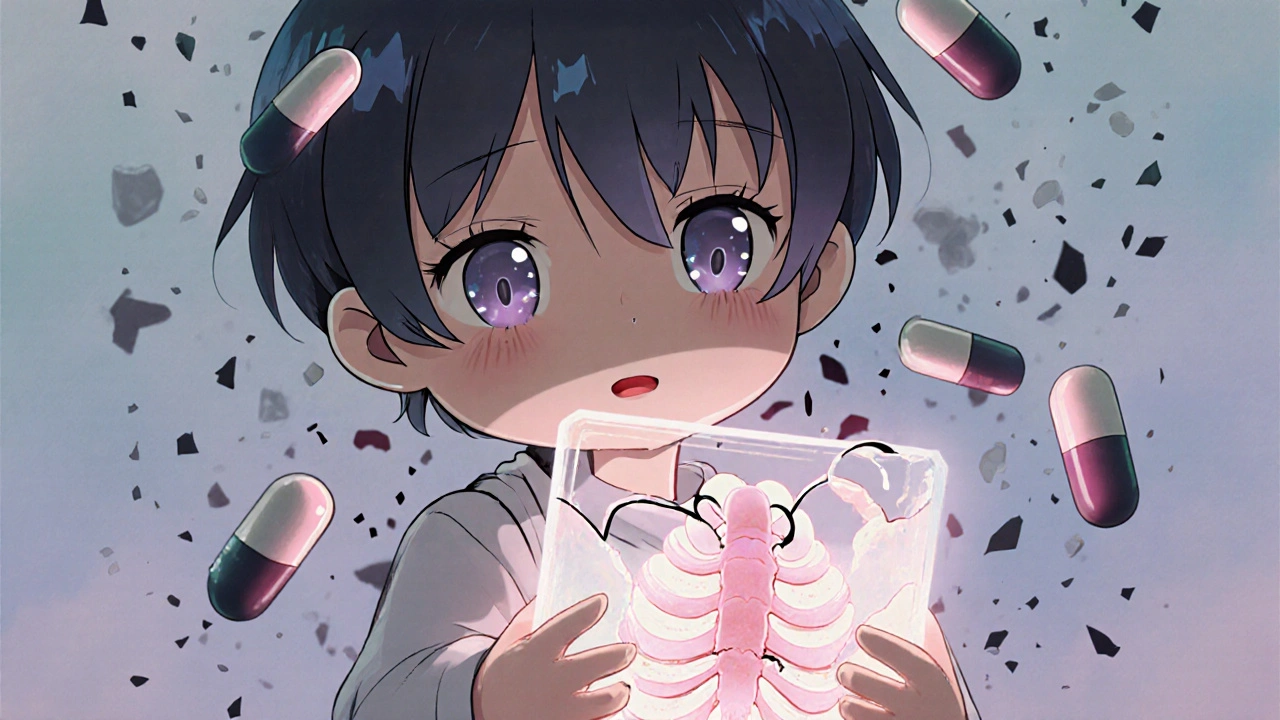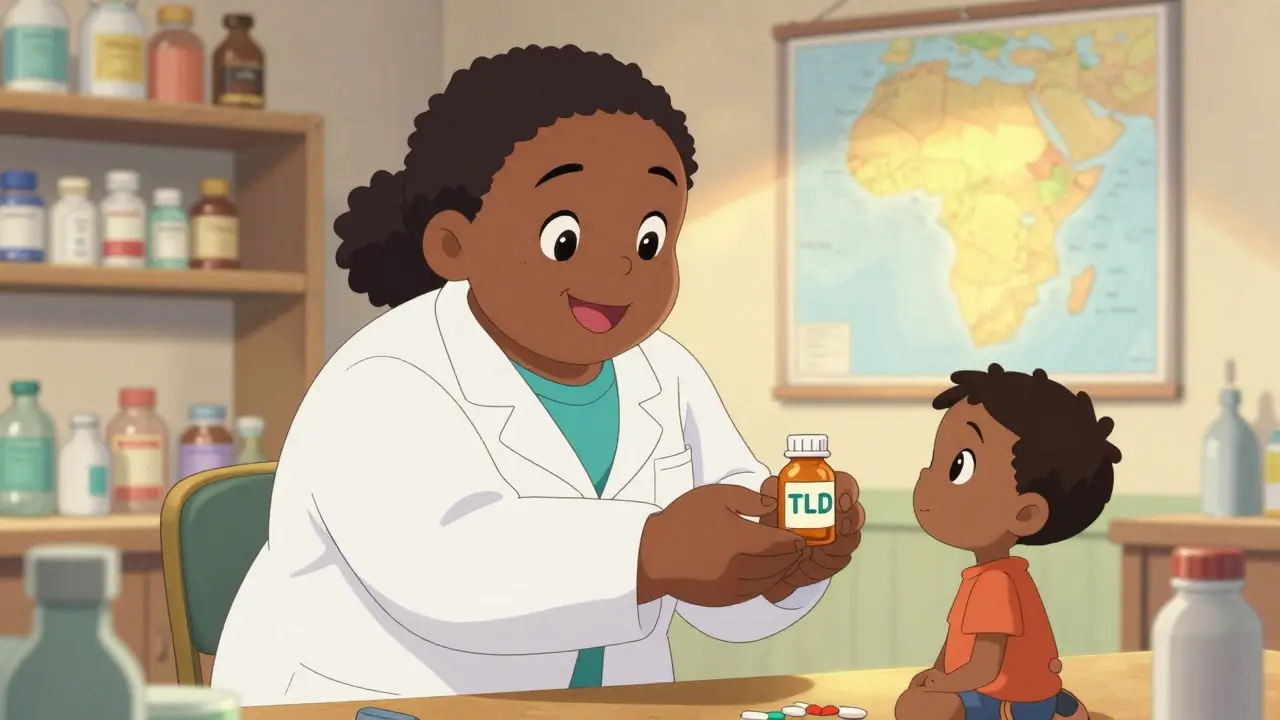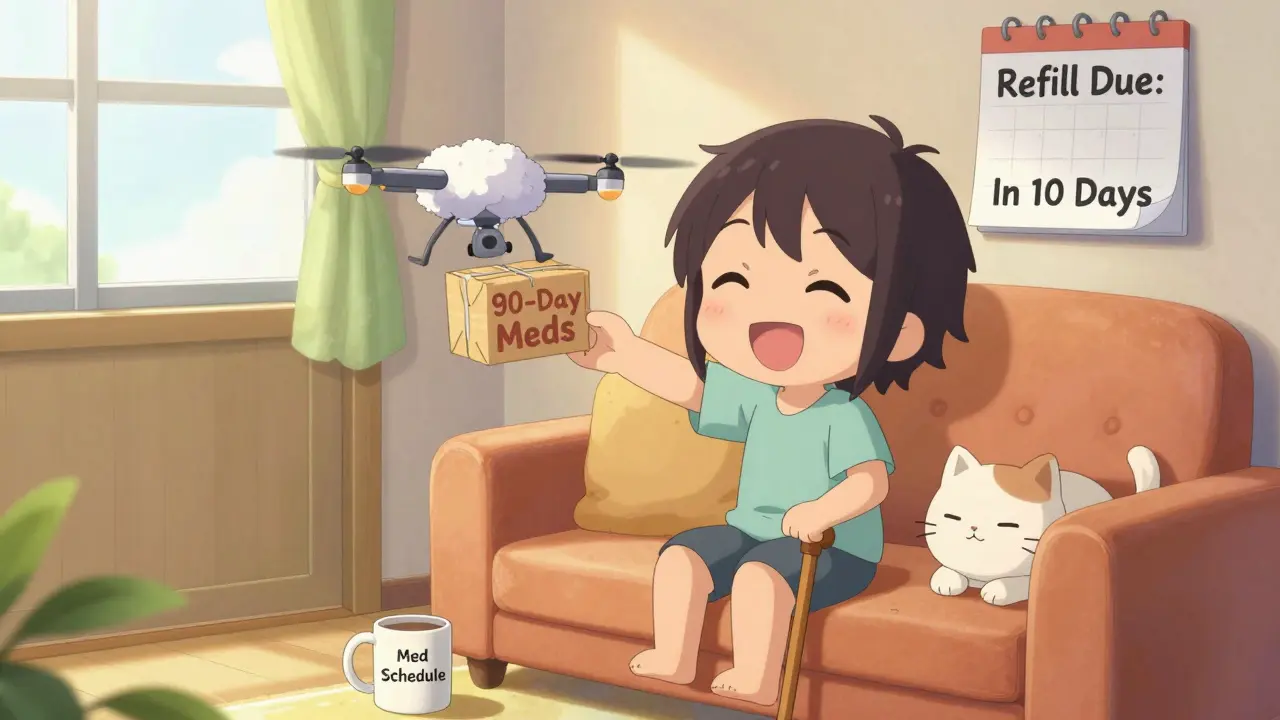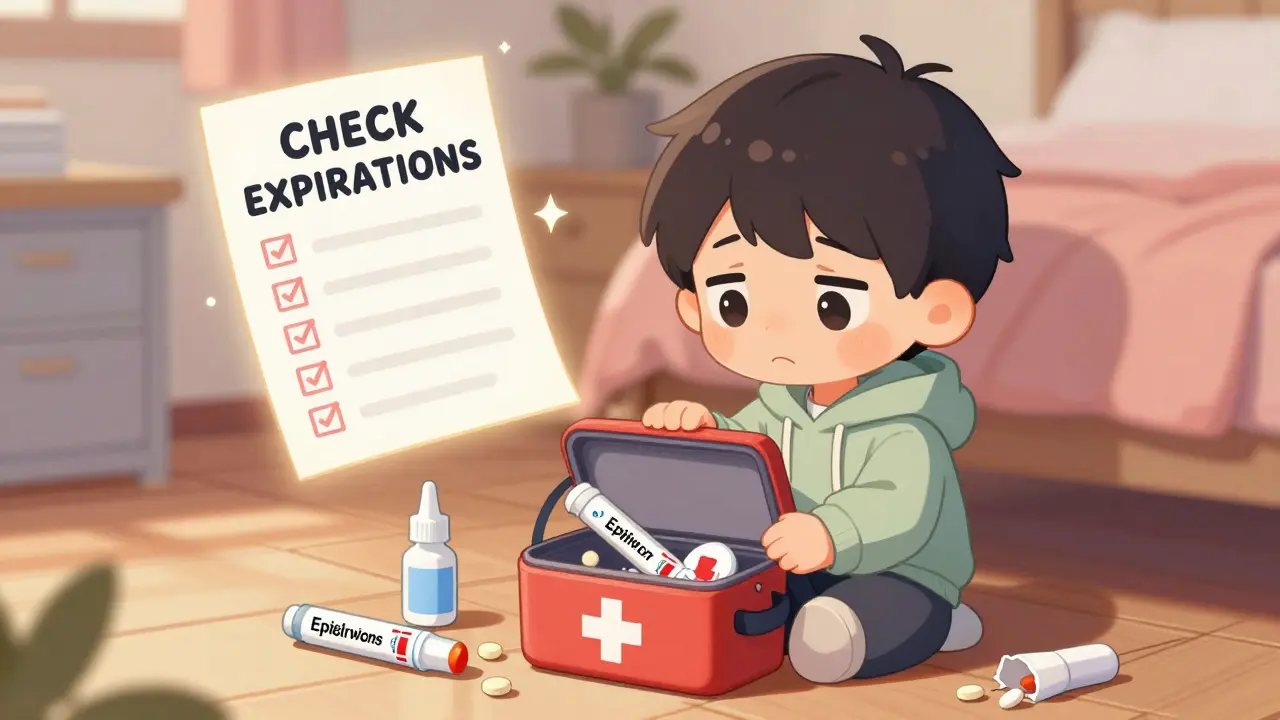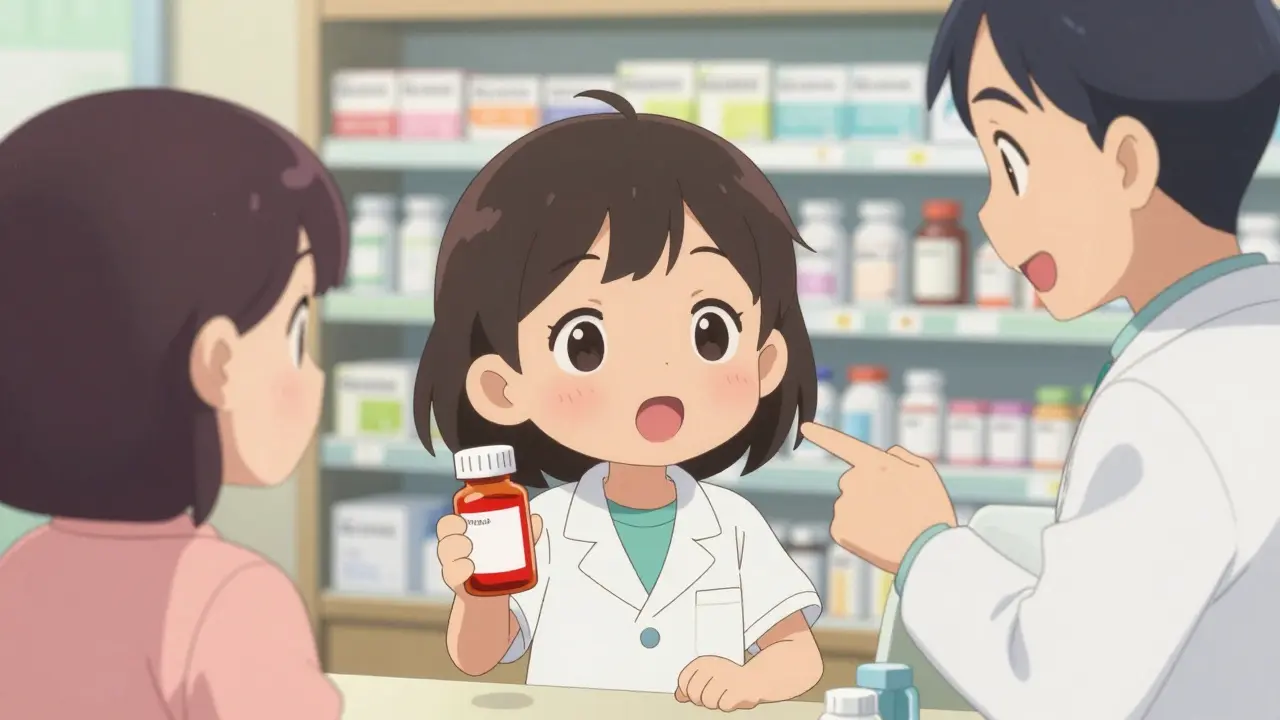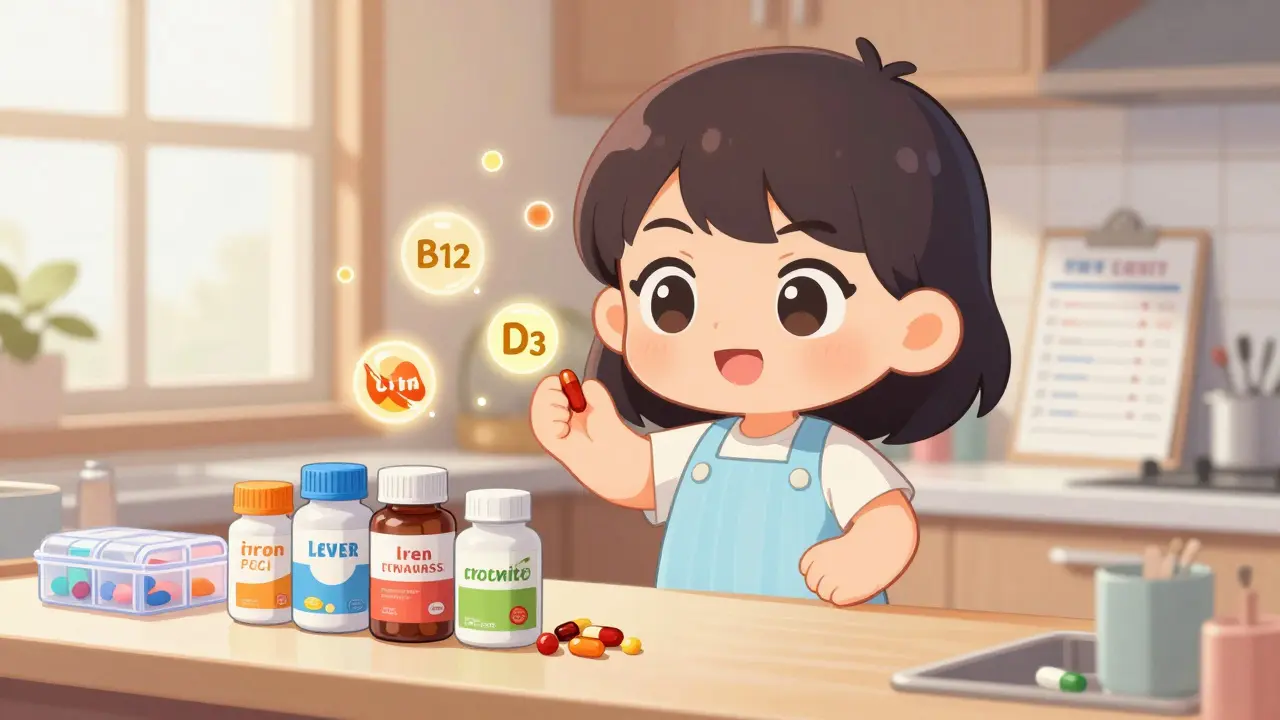Osteoporosis: What It Is, How It Affects You, and What You Can Do
When your bones lose density and become fragile, you’re dealing with osteoporosis, a condition where bones become porous and break easily, often without warning. Also known as brittle bone disease, it doesn’t hurt until something breaks — and by then, it’s often too late to reverse the damage. This isn’t just an older person’s problem. Many people don’t know they have it until they fall and fracture a hip, wrist, or spine. It’s silent, slow, and sneaky — but not inevitable.
What makes osteoporosis worse? Not getting enough calcium, a mineral your body needs to build and maintain strong bones and vitamin D, the nutrient that helps your body absorb calcium. Too many people take a daily multivitamin and think that’s enough. It’s not. The recommended amounts change with age, and some medications — like long-term steroid use — can strip bone mass fast. Even something as simple as not moving enough can speed up bone loss. You don’t need to run marathons, but weight-bearing exercise like walking, lifting light weights, or even standing up from a chair without using your hands makes a real difference.
Fracture risk isn’t random. If you’ve broken a bone after a minor fall — like slipping on ice or tripping over a rug — that’s a red flag. So is losing height, developing a curved spine, or having a family history of hip fractures. These aren’t just signs. They’re warnings. And they’re why so many posts here focus on medication safety, drug interactions, and how common prescriptions might quietly affect your bones. For example, long-term use of proton pump inhibitors like omeprazole or acid reducers can interfere with calcium absorption. Steroid tapers, while necessary for some conditions, can also leave bones vulnerable if not managed carefully. Even blood thinners and certain diabetes drugs have been linked to bone density changes in studies.
What you’ll find below isn’t a list of miracle cures. It’s a collection of real, practical advice from people who’ve been there. You’ll see how pharmacists catch dangerous drug overlaps that could hurt your bones. You’ll learn what supplements actually help — and which ones are just hype. You’ll find out how to talk to your doctor about bone scans, when to ask for a DEXA test, and what to do if your meds are working against you. There’s no fluff. Just clear, actionable info that connects the dots between what you take, how you live, and how strong your bones really are.
